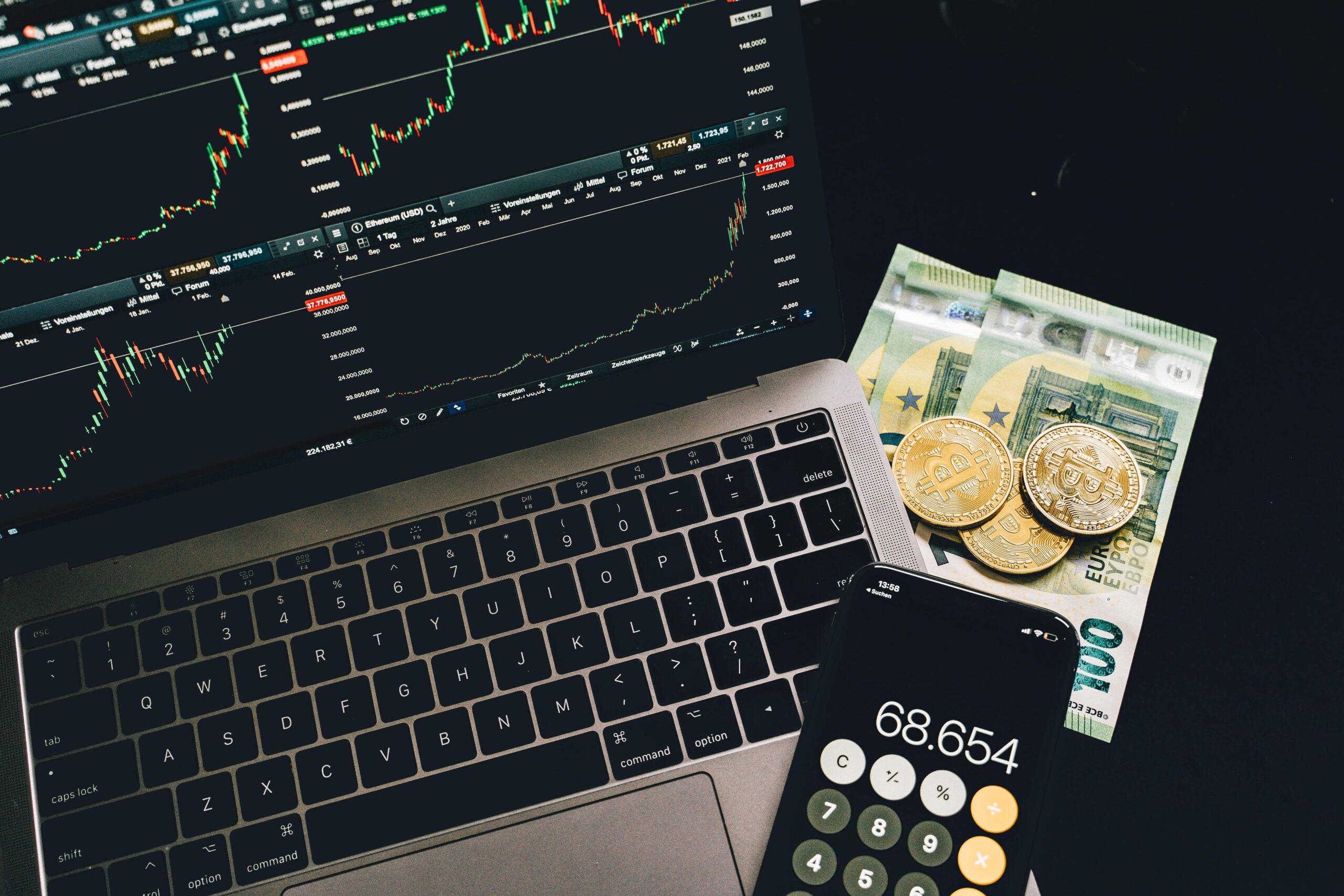Inflation means a rise in the price of things. You have probably heard from your grandparents or parents that at their time the price of this product was this and now it has increased, so this increase in price is called inflation. Prices of the things in past is entirely different from today and it will be completely different in the future think 5 years back what was the price of petrol and diesel and now what is the price it has changed a lot, think about the cost of chocolate you used to buy in your childhood either its price has been increased or quantity of chocolate decreased, due to it price of every thing which we need in our day to day life increases like vegetable, food grains, metal, electronic gadgets such as phone, laptop, washing machine, and utilities like transportation price, electricity bill, phone bill and services like medical service, entertainment like movie ticket price also increases. So, when it rises, salaries should rise as well; otherwise, how will humans survive if salaries do not rise with it and people are unable to afford things? As it rises, employees’ salaries rise as well, but an increase in salary is not the same as an increase in it. If we don’t manage it, it will be very dangerous for our country. In the 17th century, the Spanish empire literally collapsed due to inflation without even realizing it was happening. So, over time, societies have become concerned about it and have focused on managing it. So this increase in the price of things is called inflation.
What are the causes of inflation?

So now you may be wondering why there is inflation. What causes inflation? The causes of inflation are numerous and complex, but generally include an increase in the amount of money in circulation, an increase in the demand for goods and services, and an increase in the cost of inputs. So let’s discuss the causes one by one.
1.) Inflationary cost-push.
One of the main causes of inflation is cost put inflation, which occurs when the cost of raw materials such as coal, oil, energy, and sugar rises. Many other products are also dependent on other countries for their supply, and as time passes, many new countries develop and want materials from other countries, so when demand is high and supply is low, the price of things rises automatically. So when companies import materials at a high rate, then they sell products at an increased price. If they do not do so, then they will go into loss and no business wants to book a loss, so the price of things automatically increases.
2.) Printing more money.
The country’s money supply is a major factor in inflation. If the government prints more money than required then it will lead to inflation. The government wants the economy to create more jobs, so it decides to print more money. If there is more money circulation in the country, then everyone will have more cash in their hand. If the citizens have more cash in their hands, then they will buy many things. If everyone has more money, then demand for the product will increase, which will lead to an increase in the price of the products. Because the cash will be more and the product will be less so the person who will have more cash among them will take that product so the price of the product increased.
2.) Built in inflation.
As inflation increases from the past, people expect an increase in inflation in the future also, so keeping inflation rate in mind, workers demand more wages. If one sector worker’s wages increase, other sector workers will also demand an increase in their wages. This will ultimately lead to an increase in the price of the product because if the worker is demanding more wages than where the increased wages will come from, it will come from the increased price of the product. So if the wages of the worker increase, the price of the product also increases.
What are the effects of inflation?
1.) Affects purchasing power.
When prices of things go up, people tend to spend less than they used to because their purchasing power has decreased due to the increase in price. This can lead to a decrease in demand and a decrease in production, which can lead to a recession. Furthermore, as prices rise, people may find it more difficult to afford the same number of goods and services. This can lead to economic instability, so this was one of the main effects of inflation.
2.) Rise in poverty
Many poor people who spend all their money on their day-to-day needs and don’t have any savings in their hands are badly affected by inflation because they already have less money and by increasing the price of things you are making them poorer. And the poor are less likely to have assets like gold, property or stocks, so how they will manage them is also affected by the increase in inflation.
3.) Has an impact on the stock market.
Due to the increase in the price of things, the purchasing power of the customer decreases. If the price of things rises and people don’t have money, they will buy fewer products as compared to earlier. If the product does not sell, production of products will decrease and the revenue of the company will decrease, so the stock price of that company will also decrease.
Measure to control inflation.
1) Monetary measure.
To prevent inflation, it is to be noted that the government should be controlled in printing money by the central bank. The government should be taking some measures to restrict or control the printing of notes. Notes should be printed more than required, otherwise, it will lead to inflation because there is already enough money in the market, so there is no use in printing more money because that will lead to inflation.
2.) Demonetization of old currency.
When inflation increases in dangerous proportion, they can demonetize the old currency and replace it with a new currency, but the government should allow a limited amount of replacement of old currency with new currency.
3.) Decrease in public expenditure.
One of the main reasons for inflation is an increase in public expenditure. So, to control inflation, the government can decrease public expenditure. The government should scale down its non-development expenditure.
4.) Tax increases
In order to control inflation, the government can increase taxes so that the demand of the people can be controlled. However, care should be taken so that increased taxes do not have a bad effect on production.
5.) Increase in production.
As we have seen earlier, a decrease in a production led to an increase in inflation, so to control inflation, there should be an increase in the production of goods. If the goods are available in a sufficient amount, then there will be no increase in the price of the goods. Hence, inflation will be controlled.
6.) Proper commercial policy.
In order to prevent inflation, the government should keep a proper eye on the export of goods. For example, if your country has less wheat than usual, the government should halt the supply of wheat to other countries, because if a country already has less wheat, there will be more demand and less supply, and automatically inflation will rise because the price of the product will rise.
7.) Adequate investment policy
Investment in those industries should be increased where production of goods can be increased in a short period of time . The government should provide subsidies to these industries so that they can increase production and meet the country’s demand, ultimately lowering inflation.
8.) Price management.
The government should impose a ceiling price on the product so that the company should not sell goods above that price. The government should impose restrictions on the arbitrary power of companies to decide the price of goods.
9.) Adequate wage policy
Higher wages of employees contribute to inflation in the economy because this enables the employees to buy more products, and if all the employees bought the same product, it would lead to less supply and more demand, hence an increase in the price of the things.
How to protect your money from inflation.

You need to choose an investment option to beat inflation otherwise you will lose your money every year if you are thinking that by putting your money in a saving account you are growing your money, then you are in a big myth because a saving account gives you about a 3% return and inflation is increasing about 6% every year, depending upon country to country, so by putting your money in a saving account you are not increasing your money, you are losing your money. So, here are some of the best investment options you can make to beat inflation.
1.) Gold.
Gold is one of the best and safest options from earlier times to invest your money. If you analyse the increment in the price of gold from the past till now, you will know that gold gives a good return, and gold investment can easily beat inflation, so you will not lose your hard-earned money. So you can consider investing in gold if you don’t want to lose your money You can invest in either physical gold or digital gold; it is up to you, but both physical and digital gold investments are viable options. So you can go for it.
2.) Fix deposit.
If you don’t want to take any risk, then the next option you can consider is investing money in fixed deposits. The fixed deposit gives you about a 10% return, through which you can easily beat inflation and your money will also be safe.
3.) Stock.
This investment is somewhat risky, but if you do proper research and analysis and then buy stock, then this will be the best option you can consider Yes, there is risk, but there is also a high return if you choose the proper stock You should choose a stock by seeing its past. This means how the stock has performed in the past, and analysing its future means if that company is going to increase in the future or not. For example, a tech-based stock like Google, because Google will never die. It will continue to grow until there is a major problem in the company. So, if you do proper research and analysis, you can find a good stock that will give you a good return over a period of time.
3.) Mutual funds
If you don’t have that much knowledge about stocks and you don’t have time to do proper research and analysis, then you can consider mutual funds. In mutual funds, there are experts who do proper research to find out good stocks and bonds, and they invest your money. For that, they take some commission. So if you don’t have time but want to invest money safely, you can consider mutual funds.
4.) Real estate investment.
Real estate is one of the most secure and profitable investments. if you have a sufficient amount to buy real estate then definitely you should invest your money in real estate but you should buy real estate by considering the location if you buy the most real where there is no population then there is no use in buying real estate. Real estate investment is also a good source of passive income.
So these are the investments you can consider for investing your money so that you can be safe from inflation and also increase your money. If you don’t invest your money, the value of your money will go down each year because inflation will never stop. It will continue to grow, so you should have proper knowledge about inflation and invest your money to beat inflation.
So, hopefully, you understand inflation and its causes, as well as how to invest your money to beat inflation. Thank you for reading this. I hope you like it.
